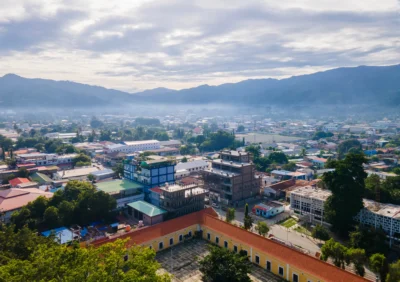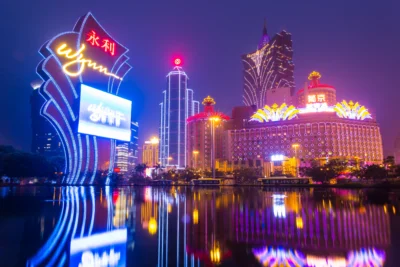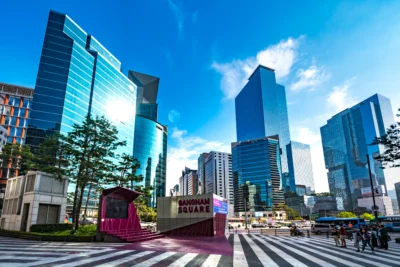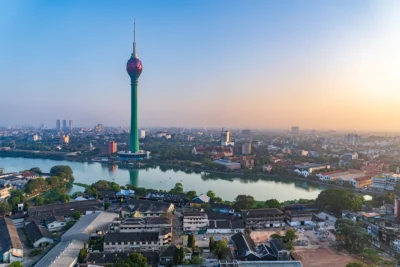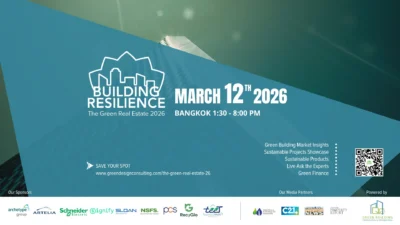Hong Kong luxury rents expect to rise 5-10% by end of 2021
The segment slowed down due to travel restrictions and the decline in expat arrivals
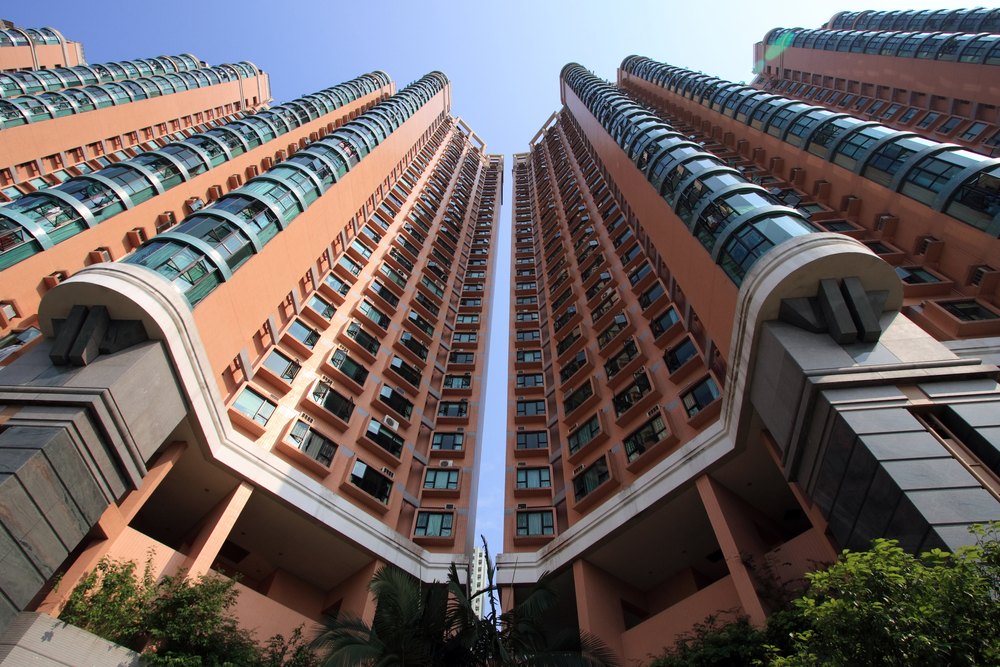
According to Hong Kong Business, Hong Kong’s luxury residential rental market experienced a slowdown due to travel restrictions and the decline of expatriate arrivals.
In the last three months of 2020, the luxury residential rental market saw a huge decline, but Q2 2021 announced the end of eight consecutive quarters of the downturn as the market recorded an increase of 1.4 percent.
JLL Hong Kong said that expatriate arrivals had the biggest impact on the rental market, as expats have traditionally been the main source of leasing demand for luxury housing.
Nevertheless, local demand helped offset the limited arrivals and saved the luxury housing market.
Nelson Wong, head of research at JLL in Greater China, said, “With few new expatriate arrivals, the luxury rental market continued to be primarily supported by existing demand. Viewing activities improved from very low levels previously as the pandemic was better contained.”
Work-from-home arrangements also caused many tenants to seek larger-sized units to accommodate certain work-related needs.
“The market also recorded some eye-popping leasing transactions driven by demand from senior management of mainland Chinese corporates. Also, shrinkage in housing budgets for existing expatriates has prompted some to relocate from the Peak to the Mid-Levels or even further away to the New Territories, resulting in higher demand for high-end rental units in these districts,” he said.
The recovery of Hong Kong’s luxury residential market can be attributed to some other trends on top of work-from-home arrangements. This includes shrinkage in housing budgets from existing expatriates and the rent decline of 16 percent during Q3 2019 and Q1 2021.
More: Hong Kong new home sales on track to reach record of 1,800 units
JLL predicts that the housing market will be supported by economic recovery from sustained end-user demand and substantial liquidity. Additionally, the leasing market is expected to improve progressively, seeing that borders might reopen before the end of 2021.
“We expect transaction volume for luxury properties to stay high despite the ongoing border shutdown. Luxury capital values are forecasted to rise by 5-10% in 2021,” Wong said.
The Property Report editors wrote this article. For more information, email: [email protected].
Recommended
Timor-Leste real estate takes off as nation joins ASEAN
Early signs of a property market emerge amid land-title reform and cautious foreign interest
Macau market weakness persists despite economic rebound signs
As Macau’s gaming revenues surge back to life, its residential property market remains stuck on a losing streak
Seoul’s luxury homes roar back on global demand and scarcity
Once cooled by demographics and policy, the South Korean capital's luxury housing market is surging again
South Asia’s property markets edge back from the brink
After years of turmoil, South Asia’s real estate sectors are stirring back to life, buoyed by reform and renewed investor confidence

